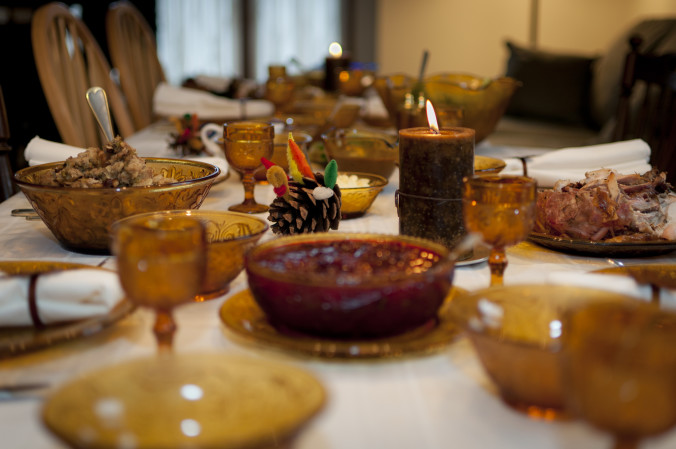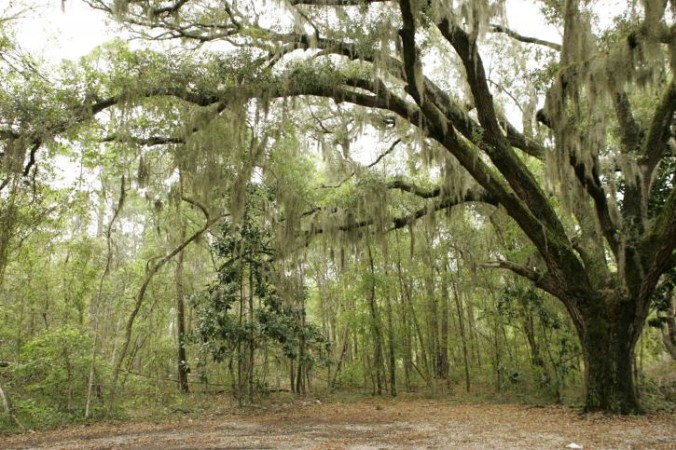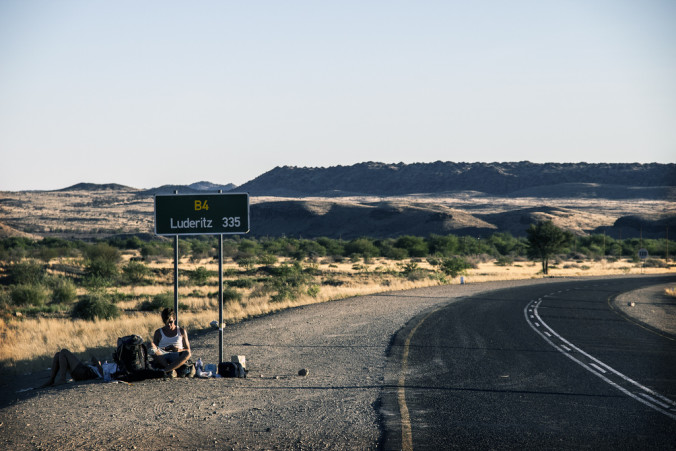This time of year we usually sit down to a table abundantly filled with all the trimmings and gorge, a way of celebrating the many things for which we are thankful. So not to be too materialistic, “family and friends” usually tops the list of our thankful list, followed by the many things we have that keep us safe and warm and protected. Good stuff – nothing wrong with that.
This November, after having spent nearly an entire year with my view flipped upside down by Brene Brown exposing me to the way we live in a culture dominated by theoretical scarcity, it changes Thanksgiving. Scarcity tells us that we have what others do not, so we ought to be thankful. That line of reasoning ignites a fear in us that, perhaps, the tables could be turned. We could be the ones living without these things. So we should be thankful for what we have.
That’s not gratitude. That’s fear.
“Show an appreciation or risk loosing it.” That’s the dominant mindset of our typical American Thanksgiving. (And, oh, how often have I used that mentality in dealing with my children?! I hate when my writing means I have to start living my values.)
We sit at our tables on Thanksgiving day, often holding with tight fists the things we love most, declaring our thanks to them and holding them up for display. We have this. And we may not have that, but we do have this. And this.
Take out scarcity, and what do we have? If we believed in the concept of Enough – that the world is big enough to hold us all, that God and the universe can supply all our needs, that life is not a Zero Sum game – how would our posture change?
I think we would begin to realize we don’t have a corner of the market and we don’t have to mark of our territory. We don’t even have to fear loosing our blessings, that if we’re not thankful enough God will pry them from our fingers and hand them off to the next guy.
I think we would share more. I think we would open our tables and our hearts. I think we would live with a sense of humility, that what we have isn’t always a direct result from our hard work. I think we would celebrate a shared victory and even root on those around us – perhaps even those different from us.
Isn’t that what the Pilgrims and the Indians thing is all about? Two groups of people who lived as if the land could support both of them? These folks decided, instead of killing off another group to have what they have, to believe there was enough for everyone at the table. The original Thanksgiving was a day when Scarcity Theory didn’t win. They sat down to their turkey and stuffing (not completely true) and saw they had enough. They didn’t have to fight. They could choose harmony over hatred, and collaboration over competition.
Perhaps this Thanksgiving we can approach the table with open hands. Not with eyes on what others do or don’t have, but with what lies in front of us. This year I’m thankful for enough. There hasn’t been a day this year that we have run out of what we needed. Money in the checkbook, energy at the end of the day, love in our hearts, even health in our bodies (said the same time that pneumonia is ravaging one of us in this house). We still have enough.
We don’t have it all. But we don’t need it all. We only need enough.


